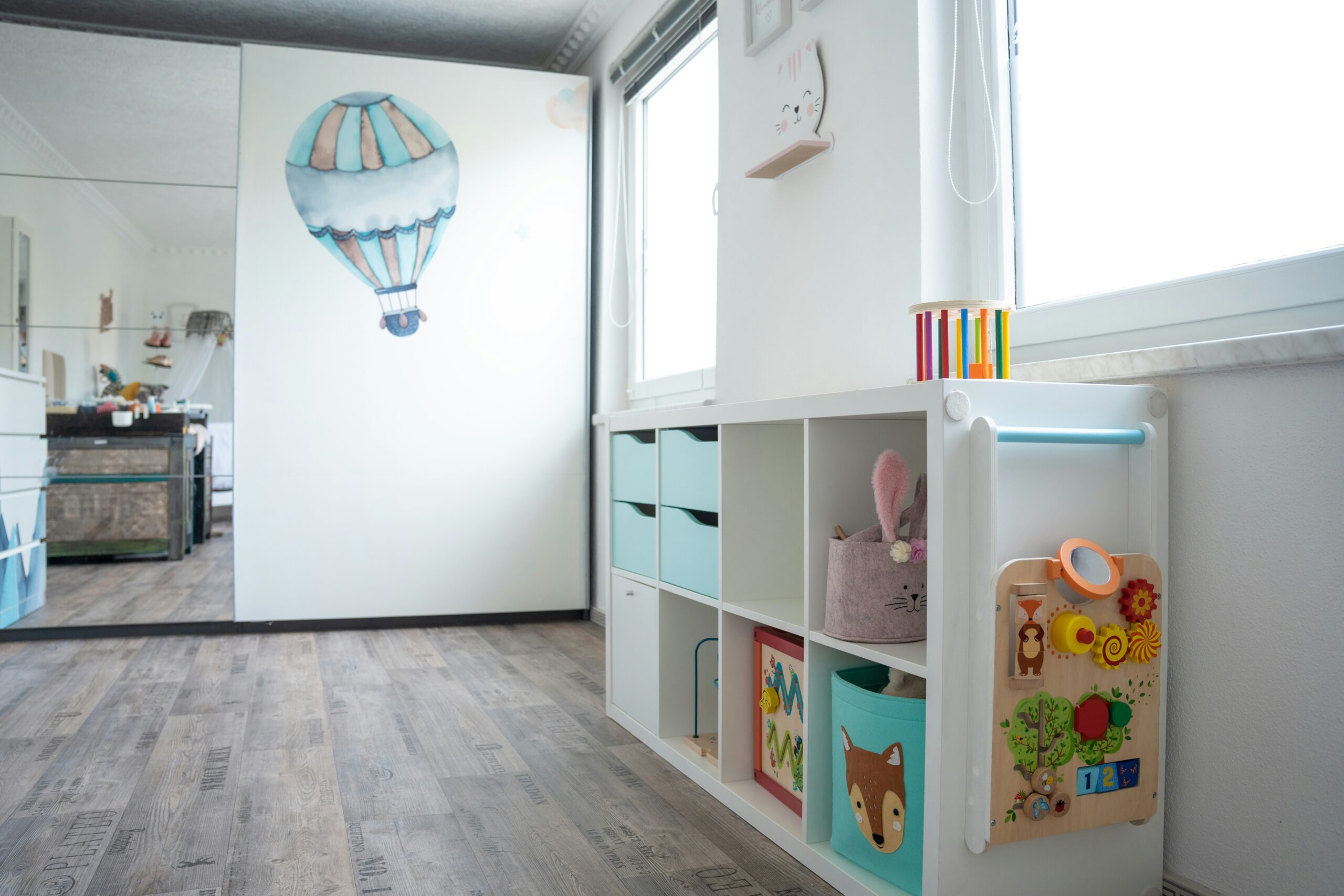Dealing with the death of a loved one is an emotionally challenging experience, and returning to a home where they passed away can be overwhelming, especially if there are lingering odors. These smells can be a painful reminder of loss and are often difficult to remove. This guide offers practical steps to eliminate these odors while being mindful of the sensitivity of the situation.
1. Understand the Source of the Odor
- Why It Matters: The first step in removing lingering odors is understanding where they come from. The smells might be due to the natural decomposition process, bodily fluids, or the presence of certain medications or medical equipment.
- What to Do: Identifying the source helps in determining the best cleaning methods and products to use. If the odor is particularly strong or widespread, you might need to consult professionals who specialize in biohazard cleanup.
2. Ventilate the Home
- Why It Matters: Fresh air is essential in helping to dissipate odors. Proper ventilation can reduce the concentration of smells and make the environment more bearable while you clean.
- What to Do: Open all windows and doors to allow air to circulate throughout the home. Use fans to increase airflow and direct it outside, helping to push out stale air and bring in fresh air. If possible, keep the home ventilated for several days.
3. Clean and Disinfect Surfaces
- Why It Matters: Lingering odors can often be embedded in surfaces like floors, walls, and furniture. Thorough cleaning and disinfection are crucial in eliminating these smells.
- What to Do: Start by washing hard surfaces with a solution of water and mild detergent. For areas affected by bodily fluids, use a disinfectant that is effective against bacteria and viruses. Be sure to clean all areas, including baseboards, corners, and behind furniture. For fabrics and upholstery, use a steam cleaner or hire professional cleaners who specialize in odor removal.
4. Use Odor Neutralizers
- Why It Matters: Odor neutralizers work by breaking down the molecules that cause bad smells, rather than just masking them. This is important for completely eliminating odors rather than just covering them up temporarily.
- What to Do: Apply odor-neutralizing sprays or solutions to affected areas. Products containing activated charcoal, baking soda, or enzymes are particularly effective. For persistent odors, you might consider using an ozone generator, which can neutralize smells at a molecular level. However, ozone generators should be used with caution, as they can be harmful if not operated correctly.
5. Address Carpets and Fabrics
- Why It Matters: Carpets, rugs, and upholstered furniture can absorb and retain odors, making them a significant source of lingering smells.
- What to Do: Sprinkle baking soda liberally over carpets and let it sit for several hours before vacuuming to absorb odors. For deeper cleaning, consider steam cleaning or hiring a professional carpet cleaning service. If certain items are too contaminated to clean effectively, it may be necessary to remove and replace them.
6. Consider Repainting Walls and Ceilings
- Why It Matters: Sometimes, odors can penetrate walls and ceilings, especially in cases of prolonged exposure. Repainting can help seal in odors and provide a fresh start.
- What to Do: Clean the walls and ceilings thoroughly before applying a primer designed to seal in odors, such as those containing shellac. Afterward, repaint with a high-quality paint. This process can significantly reduce or eliminate any lingering smells.
7. Seek Professional Help if Needed
- Why It Matters: In some cases, especially with strong or persistent odors, professional help may be necessary to ensure the home is thoroughly cleaned and safe to inhabit.
- What to Do: Consider hiring a professional cleaning service, such as a reliable after death cleanup in Nashua, that specializes in trauma or biohazard cleanup.
- These professionals have the expertise, equipment, and cleaning agents needed to effectively remove odors and sanitize the home.
Final Thoughts
Removing lingering odors from a home after a death is a difficult but necessary task in the grieving process. By following these steps, you can help restore the home to a more comfortable and livable state. Remember that it’s okay to seek help, whether from professionals or loved ones, as you navigate this challenging time. Taking care of the physical environment can also aid in emotional healing, allowing you to focus on remembering your loved one in a more peaceful setting.




